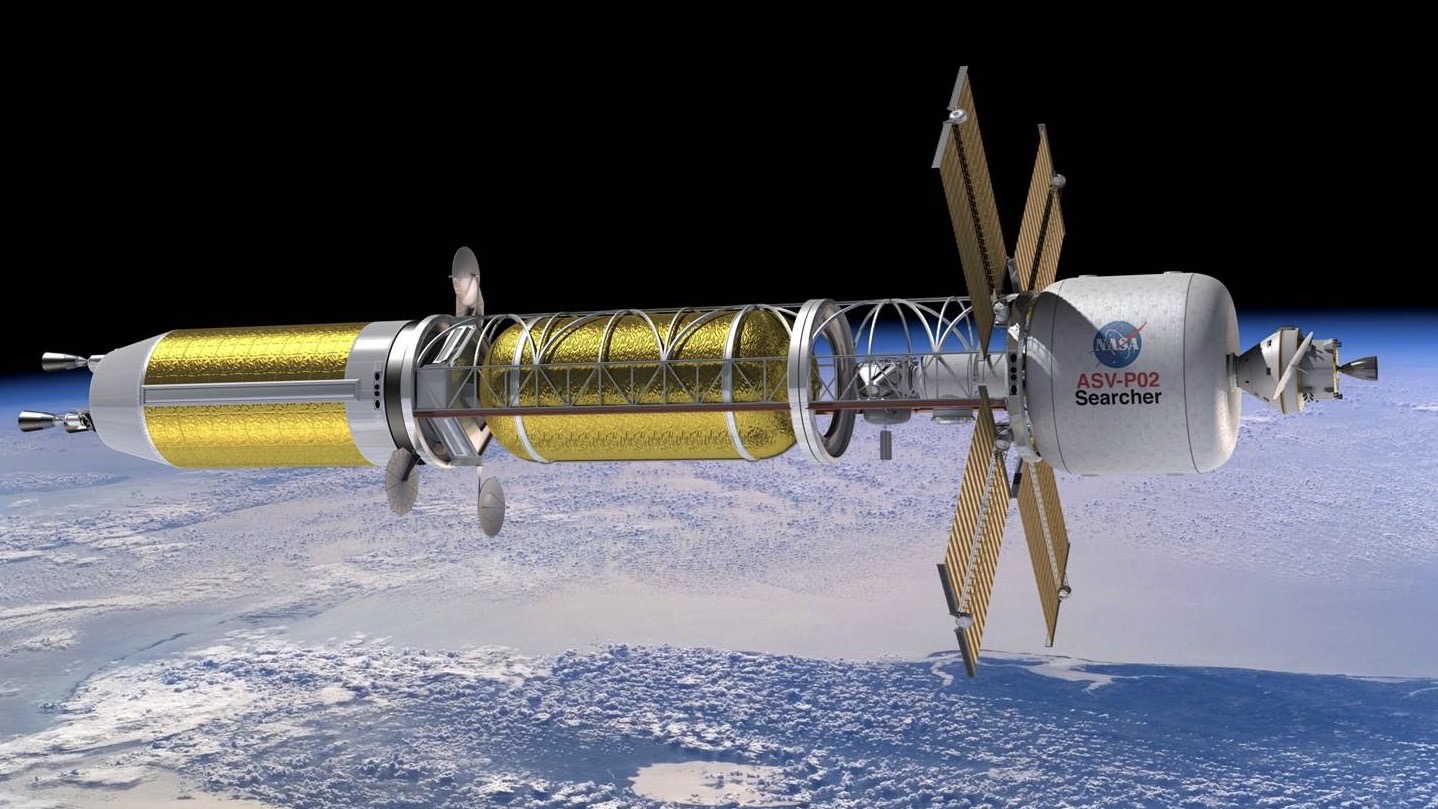Nuclear-powered spacecraft have several advantages over traditional chemical-powered spacecraft. They provide a greater amount of power, allowing for faster and more efficient travel. Nuclear power can also provide energy for long-duration missions, such as those to Mars, where solar power is not feasible.
In addition, nuclear-powered spacecraft can carry heavier payloads and can withstand extreme temperatures and radiation in space. This allows for the development of new and more advanced space technologies, such as nuclear-powered propulsion systems and deep space habitats.
Despite these advantages, nuclear-powered spacecraft also face technical and safety challenges, such as the need for advanced radiation shielding and containment systems.
In conclusion, nuclear-powered spacecraft have the potential to unlock new opportunities in space exploration and technology. By investing in research and development of nuclear-powered spacecraft, we can work towards a more advanced and sustainable future in space.
Works cited:
NASA. “Nuclear Power for Space.” NASA, 2021.
Space.com. “Nuclear Rockets to Mars? Scientist Says It’s Possible.” Space.com, 2021.








